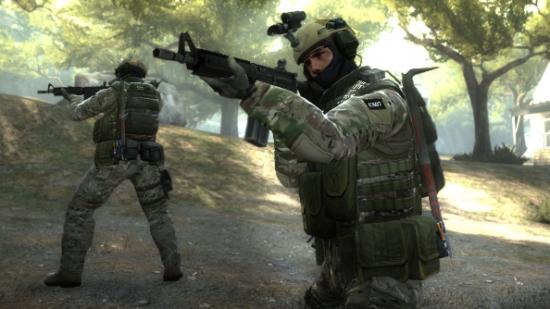Chinese authorities will no longer approve games that feature dead bodies or pools of blood, and will encourage publishers to ensure their titles don’t deviate from accurate descriptions of history, politics, and law. The new guidelines comes from the country’s State Administration of Press and Publication (SAPP), via analyst firm Niko Partners (via PCGamer).
Last year, SAPP halted its game approval process for around eight months. It began again in December, but at a press conference earlier this month, a number of changes to the process were announced. Most notable among those changes is a statement which says that “there shall be no images of dead bodies or pools of blood in any games.”
Previously, games like Counter-Strike: Global Offensive have got around that issue by changing blood puddles from red to black in their Chinese releases, but that particular tactic isn’t going to fly any more. SAPP says that “developers may not change the colour of pools of blood to accommodate” the change in the regulations, which could mean first-person shooters struggle to find footing in China.
Late last year, Rainbow Six Siege underwent several “aesthetic” changes in a move that many fans thought was an attempt to appease Chinese regulators. Blood wasn’t removed from the game, but players seemed upset nonetheless.
Elsewhere, the new regulations also encourage publishers to develop titles with China’s core social values clearly on display. That apparently ties into a bid to promote games that “contain correct information regarding history, politics and law.”
Related: Gabe Newell’s face is being used to sell underwear in China
In an attempt to control the number of games approved, certain titles won’t be considered for publication. Those will include games featuring poker and mah-jong (which made up 37% of all games approved in 2017). Games that include “overly obscene or immoral content” won’t be approved, and nor will “lot quality copycat games.” Overall, the SAPP imagines that “less than 5,000 new games” will be approved this year, a little over half of 2017’s figures.
